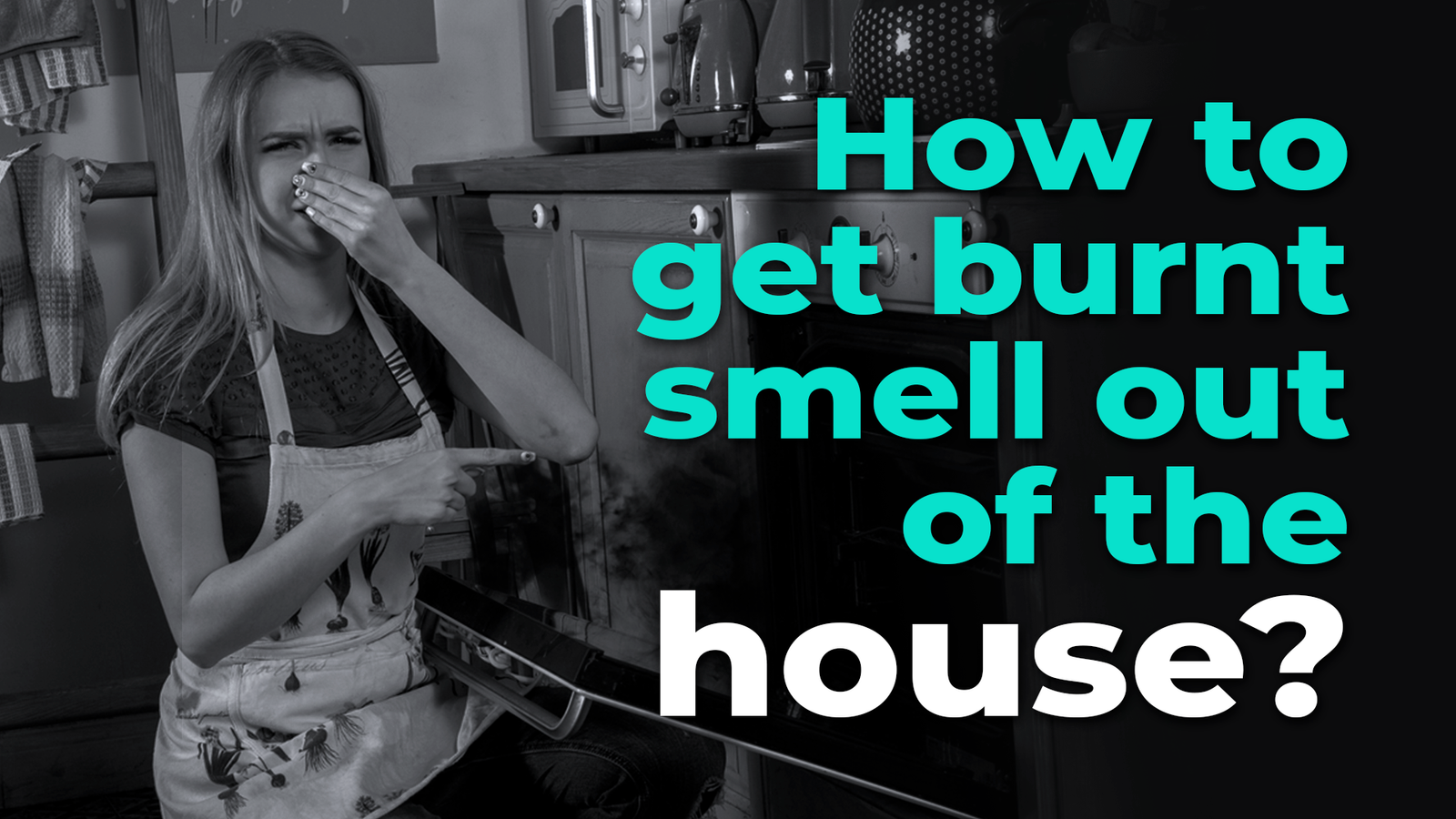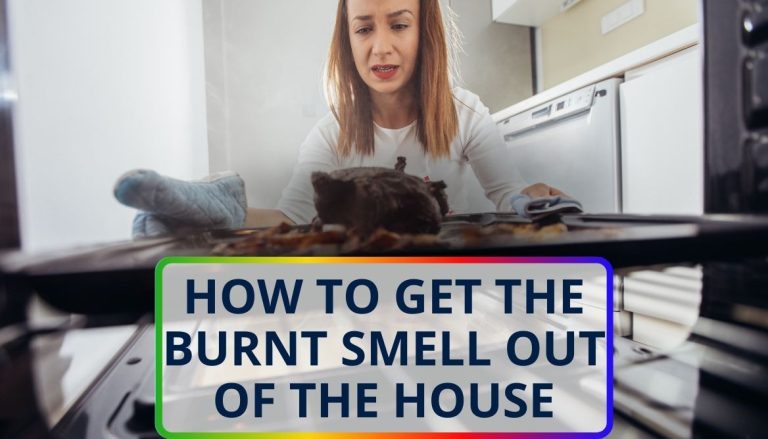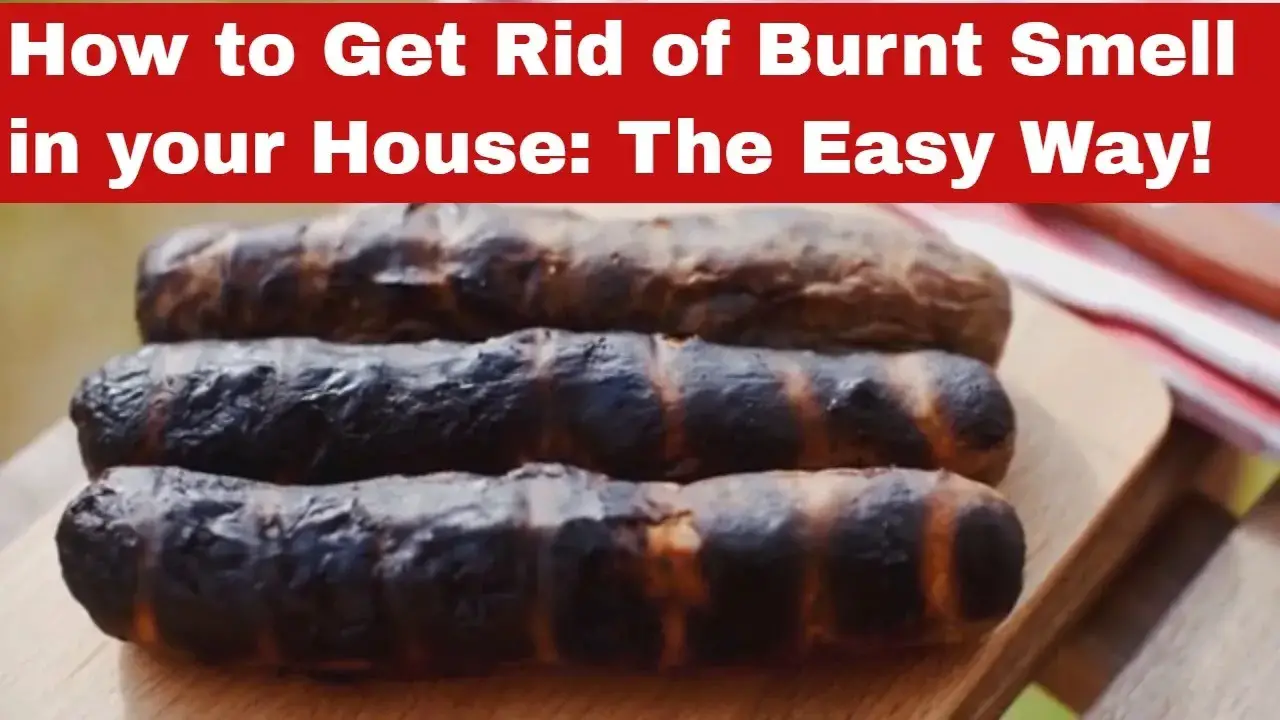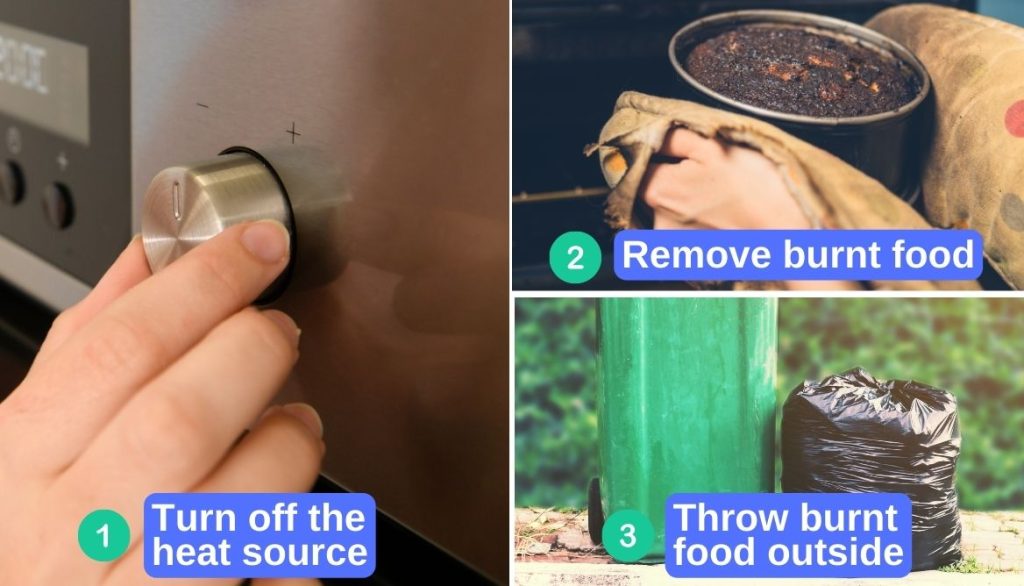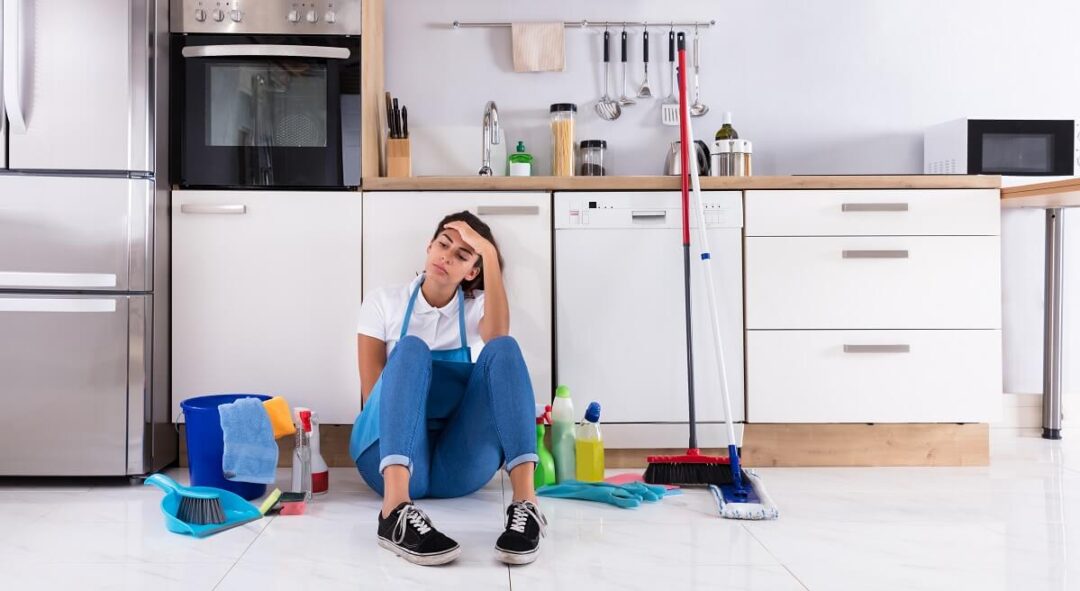How To Get Rid Of A Burnt Smell In House
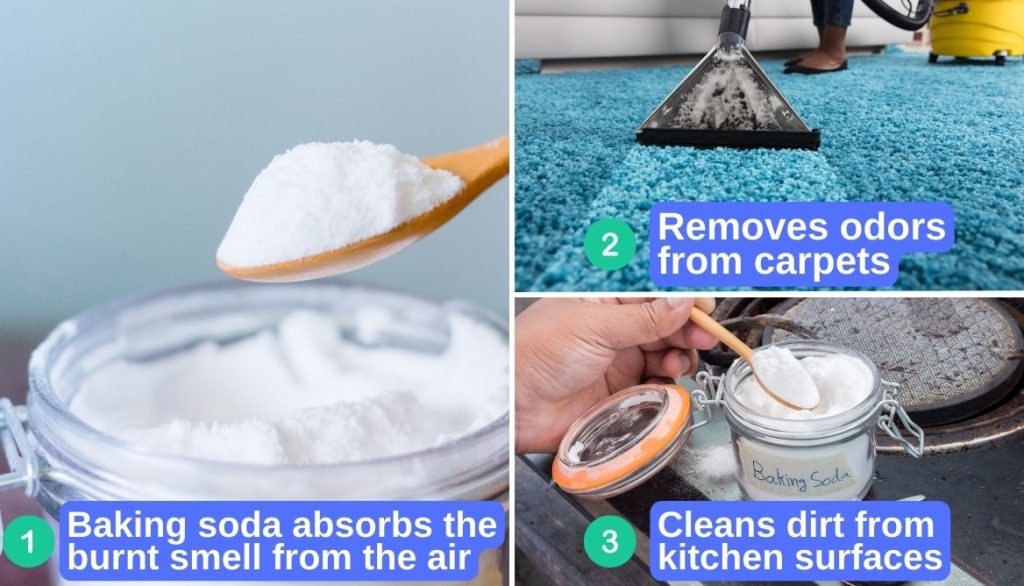
We've all been there: that moment of panic when you realize something in the oven has been left unattended for just a *little* too long. The immediate aftermath is bad enough, but the lingering burnt smell can feel like it's permanently embedded in your home. Don't despair! While intensely strong and pervasive odors might require professional help, most burnt smells can be tackled with a systematic approach and some common household items. This guide will walk you through the process of identifying the source, neutralizing the odor, and preventing future occurrences.
Step 1: Immediate Assessment and Safety First
Before you do anything else, ensure everyone in the house is safe. If there's still smoke, ventilate the area immediately. Open windows and doors to create a cross-breeze. If the smoke is heavy or you experience any respiratory distress, evacuate and call emergency services.
Once the immediate danger is gone, turn your attention to the source of the smell. This involves a bit of detective work.
1.1. Identify the Culprit
Trace the smell back to its origin. Was it the oven? A forgotten pot on the stovetop? Perhaps it was a candle or even a faulty electrical appliance. The more precisely you can identify the source, the more effective your cleanup will be.
1.2. Remove the Evidence
Carefully discard the burnt item. If it was food, wrap it tightly in multiple layers of plastic bags before tossing it in an outside garbage can. This will prevent the smell from lingering indoors. Be extremely cautious when handling hot or potentially hazardous materials. Let the item cool before trying to bag it up.
1.3. Ventilate, Ventilate, Ventilate!
Even after removing the burnt item, continue to ventilate the area. Use fans to circulate air and direct the lingering smell outdoors. The more fresh air you can introduce, the faster the smell will dissipate.
Step 2: Cleaning and Neutralizing the Odor
Now that you've identified and removed the source and ventilated the area, it's time to clean and neutralize the remaining odor. This involves a multi-pronged approach.
2.1. Cleaning the Affected Area
Clean the area where the burning occurred thoroughly. If it was the oven, clean it according to the manufacturer's instructions. If it was the stovetop, use a degreasing cleaner to remove any residue. For other surfaces, use a mild soap and water solution.
Oven Cleaning Specifics: If you're cleaning the oven, consider using a baking soda paste (baking soda mixed with water) as a natural and less harsh alternative to commercial oven cleaners. Apply the paste to the interior surfaces, let it sit for several hours (or even overnight), and then scrub it clean. For tougher burnt-on messes, you might need to use a commercial oven cleaner, but always follow the manufacturer's instructions carefully and ensure proper ventilation.
2.2. Boiling Water and Vinegar
Boiling a pot of water with vinegar is a classic odor-neutralizing trick. Fill a large pot with water, add 1/2 cup of white vinegar, and bring it to a boil. Let it simmer for an hour or two, allowing the steam to circulate throughout the house. The vinegar helps to absorb and neutralize the burnt smell.
2.3. Baking Soda Power
Baking soda is a natural odor absorber. Place bowls of baking soda around the affected area. You can also sprinkle baking soda on carpets and upholstery, let it sit for several hours (or overnight), and then vacuum it up. Don't forget to empty your vacuum cleaner bag or canister immediately afterward to prevent the smell from recirculating.
2.4. Coffee Grounds for Odor Absorption
Similar to baking soda, dry, unused coffee grounds can also absorb odors. Place bowls of coffee grounds around the house, particularly in areas where the burnt smell is strongest. Replace the coffee grounds every day or two for optimal effectiveness.
2.5. Activated Charcoal
Activated charcoal is an even more potent odor absorber than baking soda or coffee grounds. You can purchase activated charcoal briquettes (the kind used for grilling) or activated charcoal air purifiers. Place the briquettes in bowls around the house or use the air purifier according to the manufacturer's instructions. Ensure that the briquettes are new and haven't been used for grilling. Grilling briquettes may contain accelerants that would be unsafe to use inside.
2.6. Air Fresheners and Essential Oils (Use with Caution)
While air fresheners and essential oils can help mask the burnt smell, they are not a substitute for cleaning and neutralizing. Use them sparingly and choose scents that are light and refreshing. Avoid overly strong or artificial fragrances, as they can be overwhelming and even irritating to some people.
Important Note on Essential Oils: If you have pets or small children, be careful when using essential oils. Some essential oils can be toxic to animals and can cause skin irritation or allergic reactions in sensitive individuals. Always dilute essential oils properly and use them in a well-ventilated area.
Step 3: Tackling Stubborn Smells
Sometimes, despite your best efforts, the burnt smell lingers. Here are some more advanced techniques for dealing with stubborn odors:
3.1. Deep Cleaning Carpets and Upholstery
Carpets and upholstery can trap odors. Rent or hire a professional carpet cleaner to deep clean your carpets. For upholstery, you can use a fabric cleaner or consider hiring a professional upholstery cleaner. Always test the cleaner in an inconspicuous area first to ensure it doesn't damage the fabric.
3.2. Cleaning Walls and Ceilings
Smoke can also adhere to walls and ceilings. Wash these surfaces with a solution of warm water and mild soap. For stubborn stains, you can add a small amount of vinegar or baking soda to the water. Be careful not to oversaturate the surfaces, as this can damage the paint or drywall.
3.3. Replace Air Filters
If you have a forced-air heating or cooling system, replace the air filter. A dirty air filter can trap and recirculate odors. Use a high-quality filter that is designed to capture odors and allergens.
3.4. Ozone Generator (Use with Extreme Caution)
An ozone generator can be effective at removing stubborn odors, but it should be used with extreme caution. Ozone is a powerful oxidant that can be harmful to your health. Never use an ozone generator in an occupied space. Follow the manufacturer's instructions carefully and ventilate the area thoroughly after use. It's generally best to leave ozone generator use to professionals.
Step 4: When to Call a Professional
While most burnt smells can be eliminated with DIY methods, there are certain situations where professional help is necessary:
- Extensive Damage: If the fire caused significant damage to your home, such as structural damage or heavy smoke damage, you will need to hire a professional fire restoration company.
- Persistent Odor: If you've tried all the DIY methods and the burnt smell still lingers, it may be deeply embedded in the building materials. A professional odor removal service has specialized equipment and techniques to eliminate stubborn odors.
- Health Concerns: If you or your family members are experiencing respiratory problems or other health issues related to the burnt smell, consult a doctor and consider hiring a professional environmental testing service to assess the air quality in your home.
- Electrical Fires: If the burnt smell originated from an electrical fire, it's crucial to have a qualified electrician inspect your wiring to ensure that it's safe. Do not attempt to repair electrical damage yourself.
Step 5: Prevention is Key
Once you've successfully eliminated the burnt smell, take steps to prevent it from happening again:
- Pay Attention While Cooking: Never leave cooking unattended, especially when using the stovetop or oven. Set timers as a reminder.
- Regular Oven Cleaning: Clean your oven regularly to prevent the buildup of food debris that can burn.
- Check Smoke Detectors: Ensure that your smoke detectors are working properly and have fresh batteries. Test them regularly.
- Be Careful with Candles: Never leave candles unattended and keep them away from flammable materials.
- Maintain Appliances: Regularly inspect and maintain your appliances to prevent malfunctions that could cause a fire.
Dealing with a burnt smell in your home can be frustrating, but with a systematic approach and a little patience, you can usually eliminate the odor and restore your home to its former freshness. Remember to prioritize safety and don't hesitate to call a professional if you're unsure about any step or if the problem is beyond your capabilities. Good luck!
